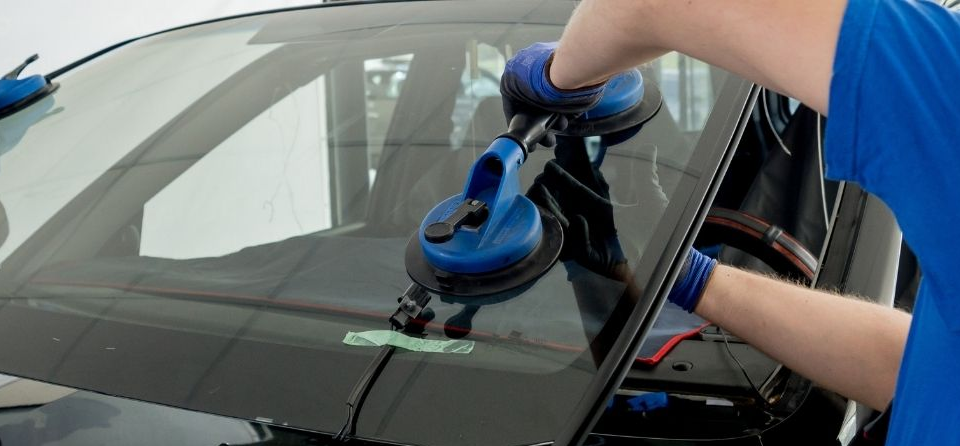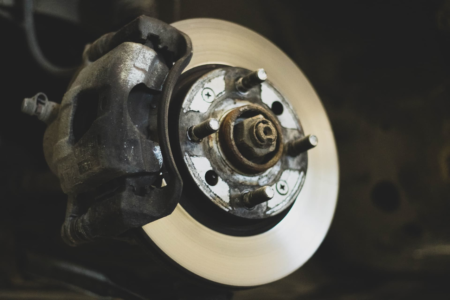If you get into a hail storm, contacting a shop specializing in this type of damage is best. This way, the insurance adjuster will be more likely to quote accurately. Many people ignore their hail damage because they think it is only cosmetic. However, they fail to realize that light hail damage can decrease your car’s value.
Reliability
Reliability measures a system or product’s performance over time and in a specific environment. A professional hail storm vehicle repair Denver CO shop is a highly reliable choice for hail damage because they are experts at their craft. They will inspect your vehicle to determine what repairs are needed and then provide you with a detailed plan for those services. It is easy to overlook minor dents or paint chips from a light hail storm. This is because these dents are difficult to see without being under direct sunlight, but they can still reduce your car’s value and lead to bigger problems in the future. Structural damage should be repaired as soon as possible to avoid more serious issues down the road. This can include anything from creases in the roof to cracks in the windshield or windows.
Safety
A car’s metal can only take so much mangling. While some hail damage is minor and almost invisible, the damage from larger-sized hail will decrease your car’s value and structural integrity. A second hailstorm or a collision could also increase the repair costs or lead to your insurance company declaring your vehicle totaled. The most common mistake people make is postponing or ignoring their insurance claims. This may seem like a reasonable idea at the time. After all, you might have a deductible to pay out-of-pocket, and this is a good time to make only one claim before the end of the hail season. However, even very light hail damage will devalue your car, so it’s never worth it to wait. These small dents compromise your car’s structure and cause rust that can be very expensive to repair or replace.
Value
Small dents and dings may not seem like much of a deal, but they can devalue your car significantly. If a potential buyer sees that your vehicle has unresolved hail damage, they’ll likely use that as an excuse to give you a low-ball offer when it comes time for you to sell. Insurance companies also consider repair costs when determining whether or not to total a vehicle. If repair costs exceed a certain percentage of the ACV, your insurer may declare your car a total loss.
Repairing your car before you sell it is the best way to preserve its value. However, it would help if you always worked with a qualified provider familiar with the intricacies of auto hail repair. That way, they can write a supplement for items your insurance adjuster didn’t capture on the initial inspection.
Peace of Mind
A vehicle is a big purchase, and when it comes to your peace of mind, you deserve to drive a car in good condition. Hail damage can ruin the appearance of a vehicle, and even minor dents can add up over time. If left untreated, these dings could eventually cause rust and affect the structure of your car. A reputable shop will provide an estimate for your insurance company and get you back on the road sooner. They can also tell you whether your comprehensive policy covers the damage. They’ll use Paintless Dent Repair (PDR) to remove the damaged paint and metal, then massage and manipulate the surface to its original form. This process is not only quick, but it’s also effective and environmentally friendly.
Longevity
Your car is one of the biggest purchases you’ll ever make, and it’s important to take measures to ensure it lasts a long time. Hail damage ruins your curbside appeal, lowers your car’s value, and can even cause structural damage, posing risks to your safety. The best way to protect your vehicle from hail is to park under a covered area. If that’s not possible, try to park next to a building that blocks the direction of the wind during the storm. If you don’t have a car cover or an inflatable hail protection system, use blankets to help protect your vehicle. Just ensure the blankets are thick enough to protect properly from hail. They should be tied down tightly so they don’t fly off in the wind.





